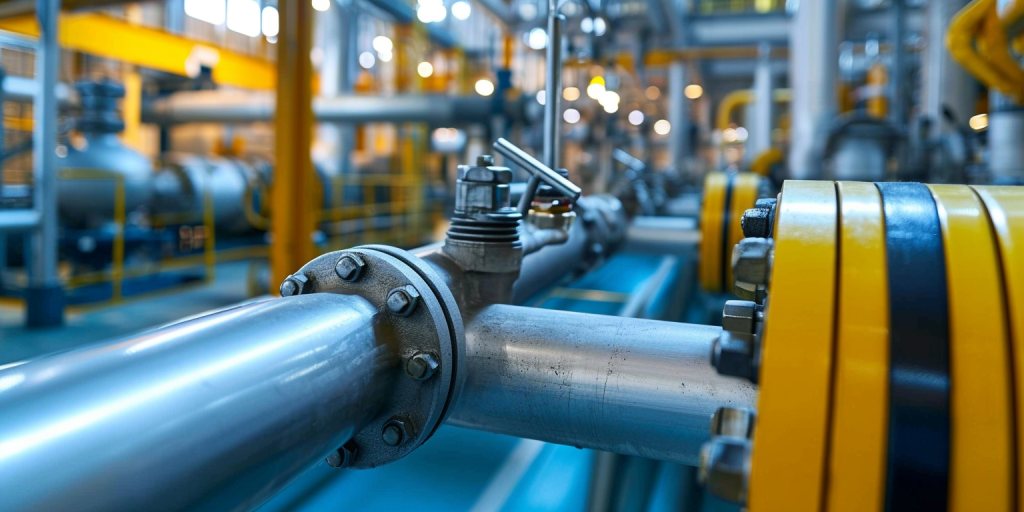
Flowmeters, often overlooked yet essential, play a vital role in advancing energy conservation and environmental sustainability. By enabling precise measurement and control of liquid and gas flows, they help reduce energy use, minimise waste, and lower environmental impact. This guide explores their contribution to a greener future across multiple sectors.
1. Energy Efficiency in HVAC Systems
In heating, ventilation, and air conditioning (HVAC) systems, flowmeters ensure optimal airflow and water distribution. Accurate measurement supports peak system efficiency, cutting energy use and greenhouse gas emissions. Well-calibrated meters deliver the exact amount of conditioned air or heated water needed, avoiding waste while improving comfort.
2. Renewable Energy Generation
Flowmeters play a crucial role in renewable energy plants, from wind turbine cooling systems to solar thermal power stations. They monitor the flow of cooling water, hydraulic fluids, and heat-transfer media, helping to maintain performance and extend equipment life. Accurate data supports efficiency gains, which boost energy yields and reduce reliance on fossil fuel backup.
3. Industrial Process Optimisation
In the manufacturing, chemical, and process industries, flowmeters control material usage, reducing waste and energy consumption. In chemical production, precise measurement helps avoid overuse of raw materials, reduces emissions, and improves product consistency—critical elements of sustainable, resource-efficient operations.
4. Water Resource Management
Municipal treatment plants utilise flowmeters to manage water flows efficiently, thereby conserving both water and the energy required for treatment and pumping. Flow data aids leak detection and prevention, further enhancing conservation and lowering operational costs.
5. Environmental Compliance and Emissions Control
Flowmeters measure and monitor industrial emissions and effluents, ensuring compliance with environmental regulations. Accurate readings enable targeted emissions control strategies, helping organisations reduce impact and achieve sustainability targets.
6. Sustainable Building Practices
In green buildings, flowmeters track and optimise water and energy use. Combined with other smart sensors, they support efficient heating, cooling, and water management—creating comfortable, low‑impact, and cost‑effective spaces.
7. Monitoring and Conservation in Agriculture
Agricultural systems use flowmeters to manage irrigation accurately, delivering water precisely where and when needed. This conserves water, reduces pumping energy, and supports sustainable farming practices with lower environmental impact.
Conclusion
From buildings to industrial plants, agriculture to renewables, flowmeters deliver the data needed to optimise performance, conserve resources, and cut emissions. As sustainable practices gain momentum, these devices will remain fundamental in reducing waste and driving energy‑efficient, environmentally responsible operations.
